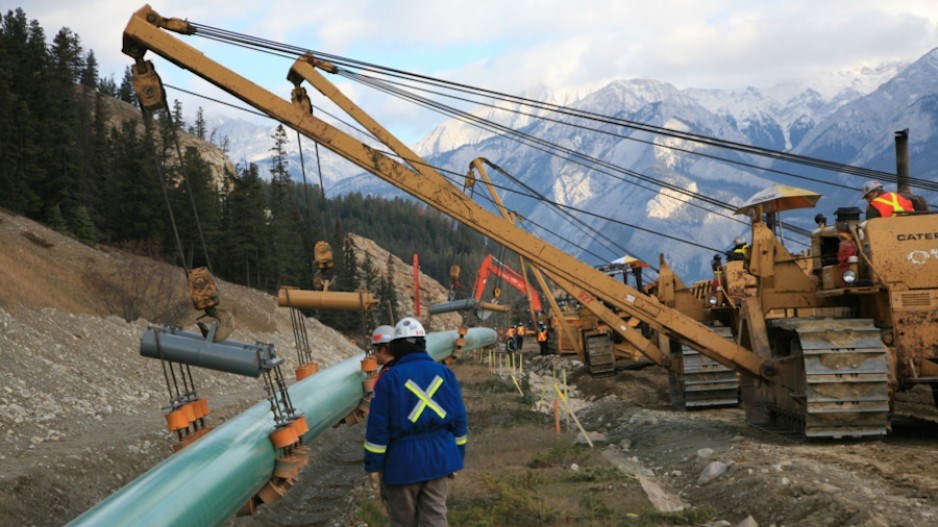Canada’s shortcomings in attracting foreign direct investment (FDI) are gaining a reputation in international markets, and experts say the main problem is an anti-FDI attitude that has bled into current regulations.
Rising concerns over the past year among Vancouver’s foreign business communities about Canada’s lack of competitiveness as an FDI market have been corroborated by the experience of a major Canadian law firm specializing in international trade and investment.
“Some of our potential investors from Europe rank Canada as low as Iran and Kazakhstan in terms of [FDI approval] processes, and that’s not a good thing for Canada,” said Shawn Denstedt, vice-chairman for Western Canada with Osler, Hoskin & Harcourt LLP. “What we hear in particular is that the regulatory burden in Canada is material, and that discourages investment.”
Canada’s FDI performance has been a concern since last March, when Statistics Canada numbers showed 2017 FDI in Canada fell to its lowest point since 2010, down 26% to $33.8 billion. Also alarming was that much of the investment Canada reported was reinvested from existing operations.
Economist Daniel Schwanen, C.D. Howe Institute’s vice-president of research, cautioned that, while Canada’s investment environment has improved in the last decade, some regulations still unfairly penalize foreign investors for wanting to do business in Canada. That was the premise of a paper published by C.D. Howe and Schwanen in July. It called for Ottawa to eliminate the country’s restrictions on share ownership and to replace the current “net benefit” test, which
requires an investor to prove an investment’s benefits to Canada, with a system that puts the onus on government to prove detriment to national interests before rejecting an investment.
The net benefit rule change, Schwanen said, is particularly important because it signifies Canada’s traditional doubt over foreign investors.
According to Denstedt, the Trans Mountain pipeline debate has also validated the concerns of some investors that political interference and Indigenous consultation create significant uncertainty for major capital project approval in Canada.
Denstedt noted that major projects that would take two to four years to go through Canada’s approval process would take six to nine months in a competing FDI market like Australia.
“Every time there’s a delay in getting projects approved, that costs them money,” Denstedt said. “Investors’ interest in Canada is still strong, but we are in competition with places like Australia and the United States, and I think it’s fair to say their regulatory burdens are less, and their processes have more certainty to them.”
Simon Fraser University professor emeritus Herbert Grubel agreed that Ottawa can’t look at its FDI policies in a vacuum when other jurisdictions are constantly changing regulations to attract inbound investment.
Grubel, who criticized Canada’s FDI competitiveness in a column in June, noted that, for all of U.S. President Donald Trump’s harsh protectionist and anti-immigration stances, his administration’s lowering of corporate tax rates from 35% to 21% in 2017 spoke more
loudly to investors looking strictly at their bottom lines.
When combined with the challenges the Trans Mountain pipeline project is facing in getting its project through B.C., as well as directives such as the limitation of future oil extraction in Alberta, it’s not surprising that foreign investors are having second thoughts about Canada.
“It’s clearly indicated that we’ve had trouble getting product to market, so as a result, investment – especially in oil exploration – has certainly gone down,” Grubel said. “The big watershed was when Trump came in and deregulated the American economy and lowered personal and corporate income taxes. It has led to American-owned companies repatriating and Canadian firms investing in the United States rather than Canada.”
Denstedt added that Ottawa has to address the country’s project regulatory approval process.
“What capital wants is certainty.… It’s important to remember that energy and resource development in Canada is a regulated industry.
It’s not prohibitive, and we can still develop natural resource projects; so we should focus on the regulation of that industry, rather than the prohibition.”




